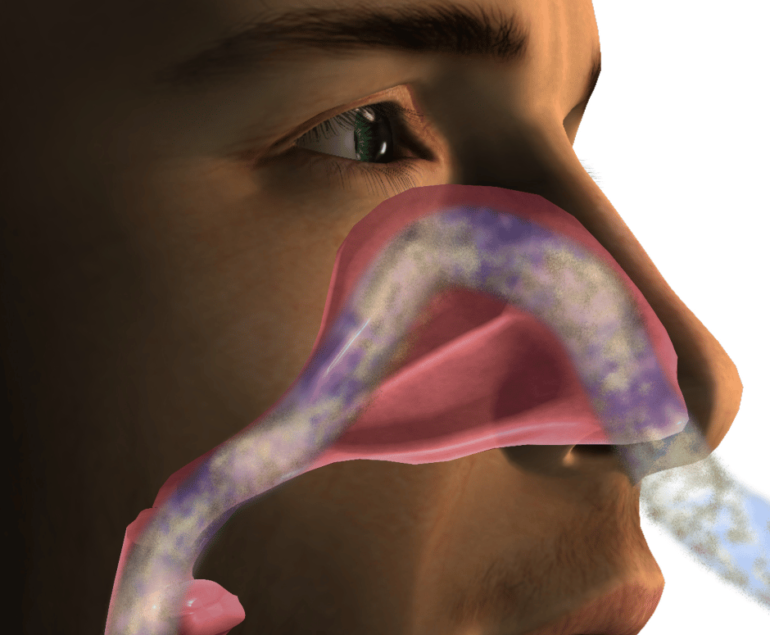Ear cancer is a rare form of cancer that occurs when malignant cells grow in the ear. The condition is more common in men and those over the age of 60. The symptoms of ear cancer are often mistaken for other conditions, such as an ear infection or a benign tumor. However, early diagnosis and treatment are crucial to increase the chances of survival. In this blog post, we will explore the causes, symptoms, diagnosis, and treatment of ear cancer.
Causes
The exact cause of ear cancer is unknown, but it is believed that certain factors increase the risk of developing the condition. These risk factors include:
- Exposure to radiation: People who have been exposed to high levels of radiation, such as those who have undergone radiation therapy for cancer, are at a higher risk of developing ear cancer.
- Smoking: Tobacco smoke contains carcinogens that can cause cancer in the ear and other parts of the body.
- Alcohol consumption: Heavy alcohol consumption can increase the risk of ear cancer.
- Human papillomavirus (HPV) infection: HPV is a sexually transmitted infection that can increase the risk of developing ear cancer.
Symptoms
The symptoms of ear cancer can vary depending on the location and stage of the cancer. Some common symptoms include:
- Pain in the ear: This can be a persistent, dull ache or a sharp, stabbing pain.
- Hearing loss: This can be gradual or sudden and can affect one or both ears.
- Tinnitus: This is a ringing or buzzing in the ear.
- Ear discharge: This can be pus, blood, or a clear fluid.
- Swelling in the ear: This can be a lump or a mass in or around the ear.
Diagnosis
If you are experiencing any of the symptoms mentioned above, it is important to seek medical attention immediately. Your doctor will conduct a physical examination and may recommend further tests, such as:
- Biopsy: This involves taking a small sample of tissue from the affected area to be examined under a microscope.
- Imaging tests: This includes X-rays, CT scans, and MRI scans, which can help to identify the location and extent of the cancer.
- Blood tests: These can help to identify any abnormalities in the blood that may indicate the presence of cancer.
Treatment
The treatment for ear cancer depends on the location, stage, and severity of the cancer. The most common treatments include:
- Surgery: This involves removing the cancerous cells and surrounding tissue. In some cases, the entire ear may need to be removed.
- Radiation therapy: This involves using high-energy radiation to kill cancer cells.
- Chemotherapy: This involves using drugs to kill cancer cells.
- Targeted therapy: This involves using drugs that target specific molecules that are involved in the growth and spread of cancer cells.
Conclusion
Ear cancer is a rare but serious condition that can affect anyone. It is important to be aware of the risk factors and symptoms of the condition and to seek medical attention if you experience any of the symptoms mentioned above. Early diagnosis and treatment can significantly improve the chances of survival. If you have any concerns about your ear health, speak to your doctor.
About Author:
Dr. Vivek Kumar Pathak: Renowned ENT Surgeon, Senior Professor, and Founder.
Dr. Pathak, ENT surgeon at Kailash Hospital, Senior ENT Professor at Sharda University, and founder of Entegrity Care, brings expertise and innovation to healthcare. Discover the visionary behind Doxtreat Healthcare, shaping the future of ENT care.
Website www.drvivekpathak.com
Call +917838450942
WhatsApp +91 78384 50942
Book an appointment with Dr. Vivek kumar Pathak by filling the form.


